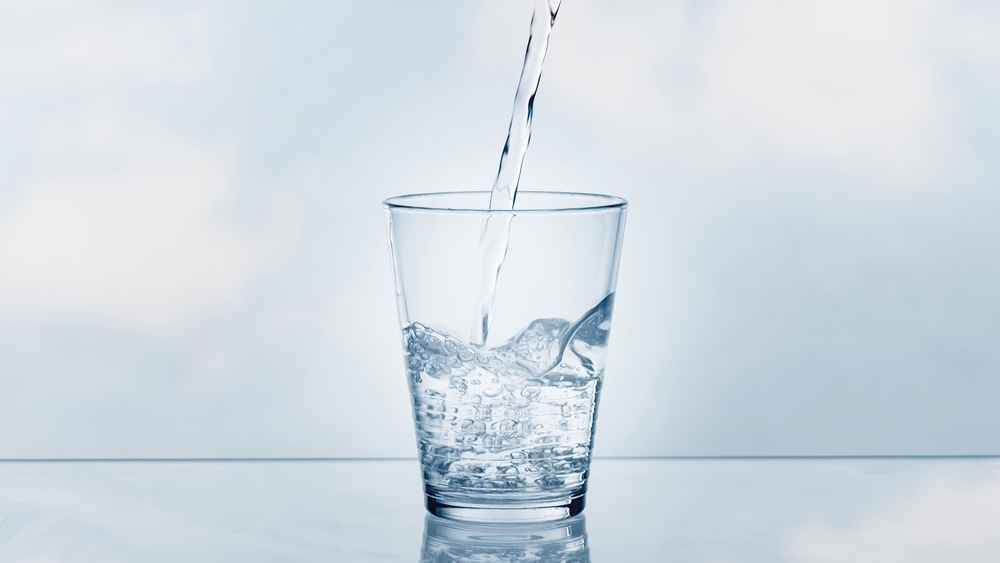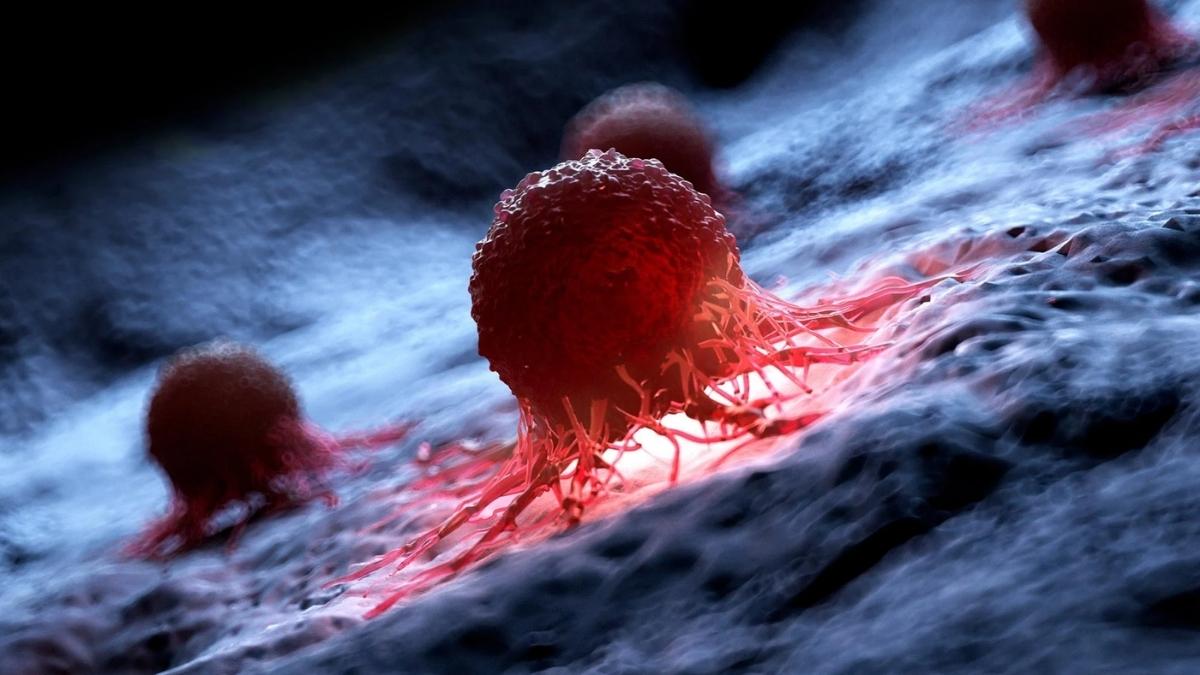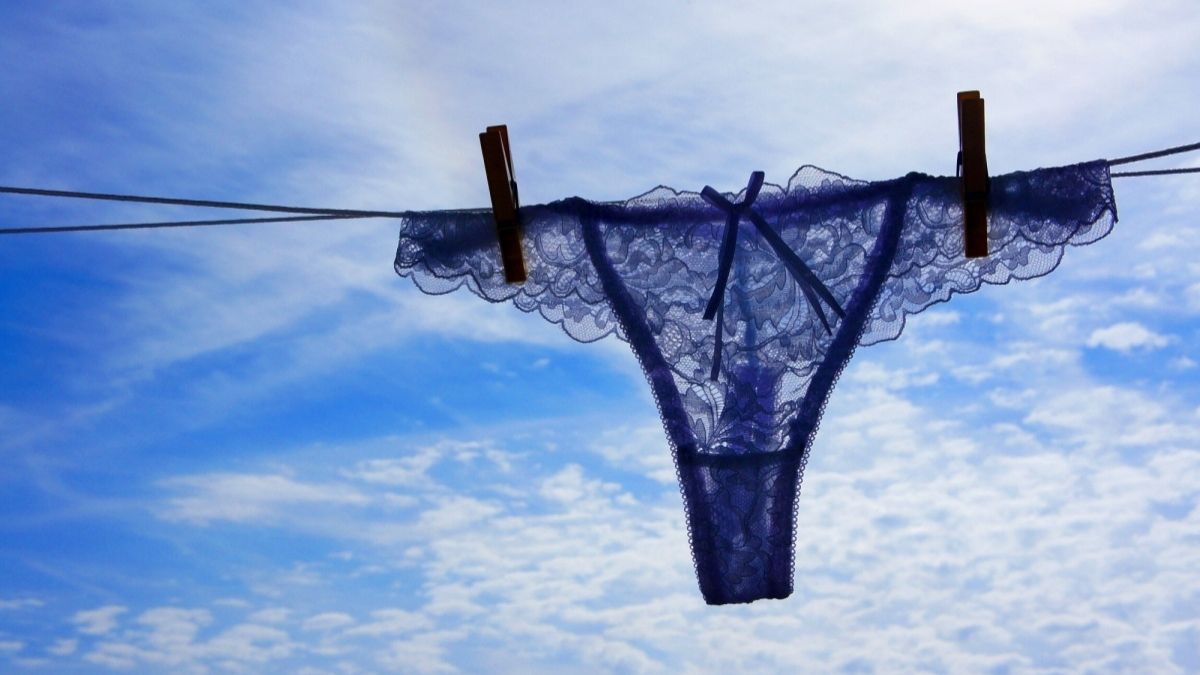Water is a vital component of life, making up approximately 60% of the human body. It plays a crucial role in numerous bodily functions, including nutrient transportation, temperature regulation, lubrication, and shock absorption. Given its importance, a growing trend suggests that drinking water first thing in the morning provides several health benefits. This article explores the facts and myths surrounding this practice, shedding light on the necessity of water, common hydration misconceptions, and the potential advantages of morning water intake.
Why Our Bodies Need Water
Water is an essential nutrient required for optimal bodily functions. Every organ and tissue in the body relies on water for critical processes, such as transporting oxygen and nutrients to cells, regulating body temperature, and keeping joints lubricated. Without adequate hydration, the body may experience dehydration, leading to various health concerns. Maintaining proper hydration is essential to ensure that bodily functions continue smoothly and efficiently.

Does Drinking Water in the Morning Offer Health Benefits?
The idea that consuming water immediately upon waking rehydrates the body is widely believed, yet not entirely accurate. While hydration is essential, the color of urine is not always a reliable indicator of hydration levels. Drinking water in the morning can be beneficial simply because it encourages hydration, but the time of day when water is consumed is not the key factor. Claims that morning water intake enhances mental performance or improves skin health are not strongly supported by scientific research. Hydration does impact both skin and brain function, but these effects are not tied specifically to when water is consumed. What truly matters is maintaining hydration throughout the day rather than focusing solely on morning intake.
Does Drinking Water Before Meals Aid in Weight Loss?
Drinking water before meals is often believed to promote weight loss by increasing satiety and reducing calorie intake. While water can contribute to a feeling of fullness, its role in weight loss is multifaceted, involving factors like thermogenesis and metabolic rate. Studies indicate that water-induced thermogenesis may boost metabolism, but the timing of water consumption does not significantly affect weight loss outcomes. Additionally, some research suggests that drinking water too close to a meal might interfere with digestion. For effective and sustainable weight management, focusing on an overall healthy lifestyle and balanced dietary habits is far more important than the timing of water intake.

Common Hydration Myths
Several myths about hydration persist, including the belief that drinking water in the morning flushes out toxins, improves skin health, or jump-starts metabolism. However, scientific evidence does not strongly support these claims. The body’s detoxification processes are primarily managed by the kidneys, and while staying hydrated is essential for overall health, exaggerated claims about water consumption should be viewed with skepticism. A balanced, evidence-based approach to hydration is the best way to ensure overall well-being.
What is Japanese Water Therapy?
Japanese Water Therapy has gained popularity for its purported health benefits. Advocates claim that drinking several glasses of room-temperature water each morning can address various health concerns, including constipation, high blood pressure, type 2 diabetes, and even cancer. This practice, rooted in Japanese medicine, involves consuming warm or room-temperature water on an empty stomach to cleanse the digestive system and promote gut health. Some proponents argue that cold water should be avoided, as it is believed to solidify fats and oils in food, slowing digestion and increasing the risk of disease.
Despite the numerous claims surrounding Japanese Water Therapy, there is little scientific evidence supporting its effectiveness in treating complex medical conditions. However, the practice may still offer benefits, such as promoting adequate hydration and potentially aiding in weight management through controlled calorie intake. Increased water consumption can also support optimal brain function, sustained energy levels, and the prevention of issues such as constipation, headaches, and kidney stones. While timing and meal regulation may contribute to weight management, direct scientific research on water intake and weight loss remains inconclusive.
It is also essential to consider potential risks. Overconsumption of water within a short period can lead to water intoxication, particularly for individuals with certain health conditions or those engaged in intense physical activity. Additionally, the strict meal timing and calorie restrictions associated with this therapy may lead to rebound weight gain and heightened hunger, potentially causing negative health effects. While responsible hydration is crucial, it is advisable to approach Japanese Water Therapy with caution and consult healthcare professionals before adopting new wellness practices.

How Much Water Should You Drink Each Day?
The ideal daily water intake varies based on factors such as age, gender, activity level, and overall health. The commonly cited “8×8” rule—drinking eight 8-ounce glasses of water per day—is a general guideline, but individual hydration needs differ. A more personalized approach considers environmental factors, physical exertion, and medical conditions that may influence water requirements. The key is to stay sufficiently hydrated to support bodily functions and overall wellness.
Conclusion
Drinking water first thing in the morning may offer benefits, such as encouraging hydration and potentially supporting weight management, but it is important to assess such claims critically. Understanding the body’s water needs, debunking common hydration myths, and relying on scientific evidence help individuals make informed decisions about their hydration habits. Whether choosing to follow Japanese Water Therapy or conventional hydration practices, the fundamental goal remains the same: maintaining adequate hydration for overall health. Listening to the body’s cues and consulting healthcare professionals for personalized advice can help optimize daily water intake and overall well-being.


